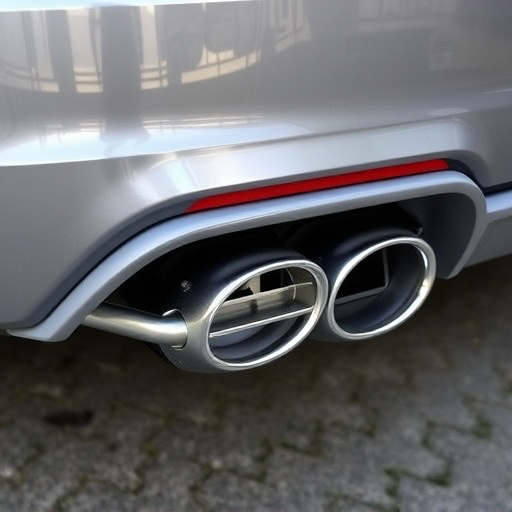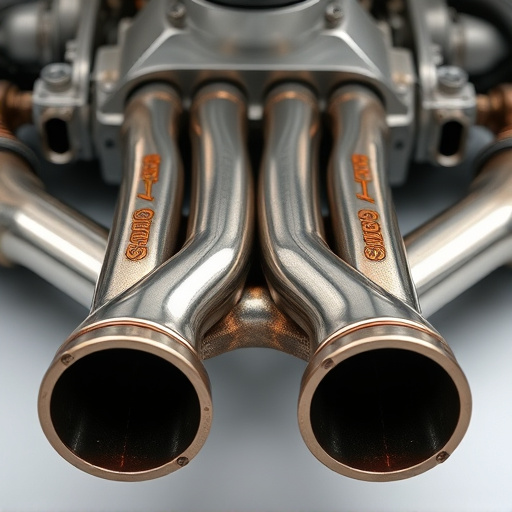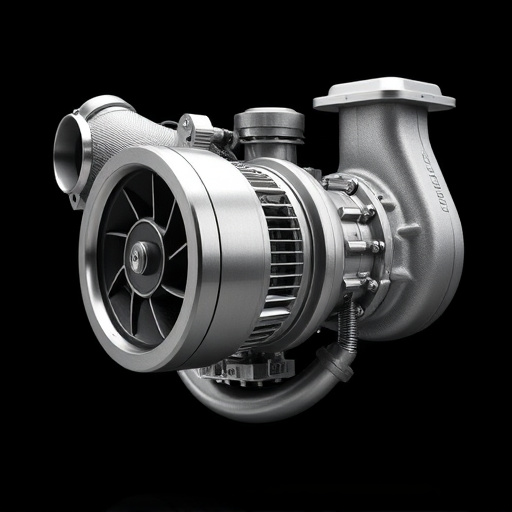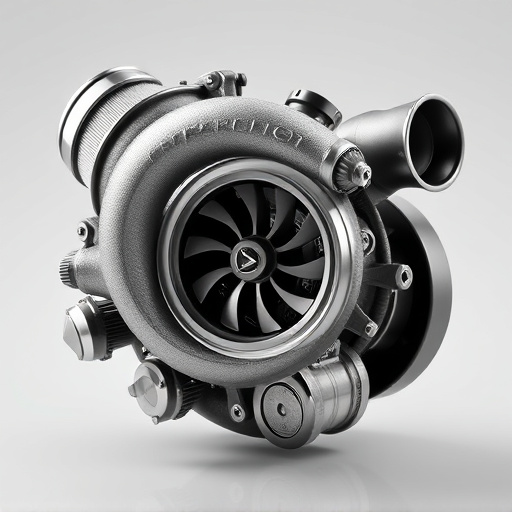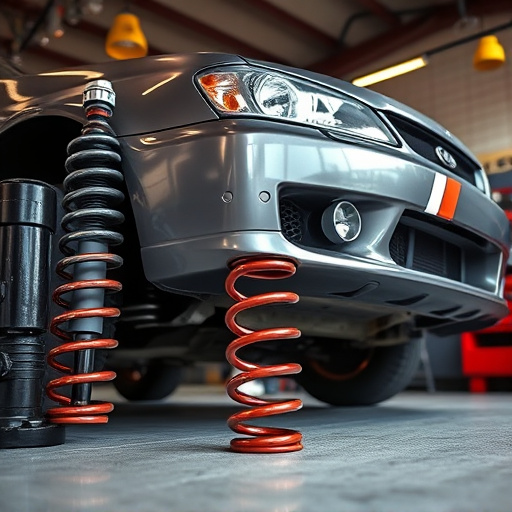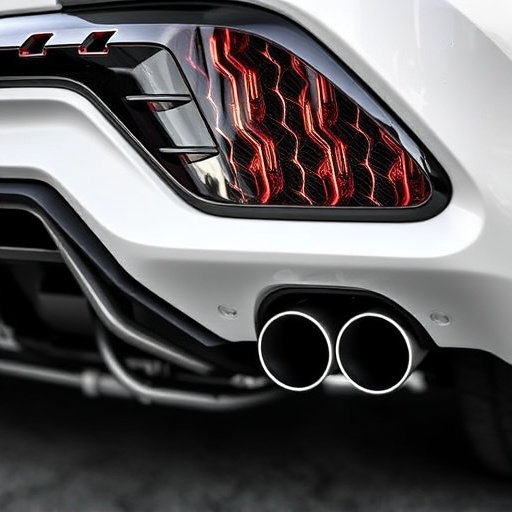Dyno tuning is a precise process using a dynamometer to optimize engine performance safely. By controlling air-fuel mixture, spark timing, and fuel pressure, it boosts power, torque, and efficiency while preserving reliability. This knowledge empowers owners and mechanics to make informed decisions through controlled testing of modifications like upgraded brake pads or intake components, leading to fine-tuned maximum efficiency and safety for high-performance vehicles.
“Unleash your engine’s full potential with the power of dyno tuning—a process revolutionizing high-performance vehicles. This comprehensive guide delves into the fundamentals, uncovering how dyno tuning optimizes engine performance while ensuring safety. From enhancing efficiency to boosting reliability, it offers a detailed exploration of best practices.
Learn why this technique is essential for maximizing your engine’s capabilities, and discover the benefits that make it a game-changer in the world of automotive fine-tuning.”
- Understanding Dyno Tuning Basics: A Comprehensive Guide
- Benefits of Dyno Tuning for Engine Performance Safety
- Best Practices in Dyno Tuning for Maximum Efficiency and Reliability
Understanding Dyno Tuning Basics: A Comprehensive Guide

Dyno tuning is a process that involves adjusting and optimizing an engine’s performance on a dynamometer (dyno). It’s a comprehensive guide to unlocking an engine’s true potential while ensuring safety, especially at high-performance levels. This methodic approach involves carefully controlling various factors, such as air-fuel mixture, spark timing, and fuel pressure, to enhance power output and torque without compromising reliability.
Understanding dyno tuning basics is crucial for vehicle owners and mechanics alike. It entails using specialized equipment like a dyno to measure engine performance under controlled conditions. By comparing before-and-after tests with modifications like upgraded brake pads, muffler tips, or intake components, you can identify gains in horsepower and torque. This knowledge enables informed decisions to fine-tune the engine for maximum efficiency and safety, especially when pushing the boundaries of its capabilities.
Benefits of Dyno Tuning for Engine Performance Safety
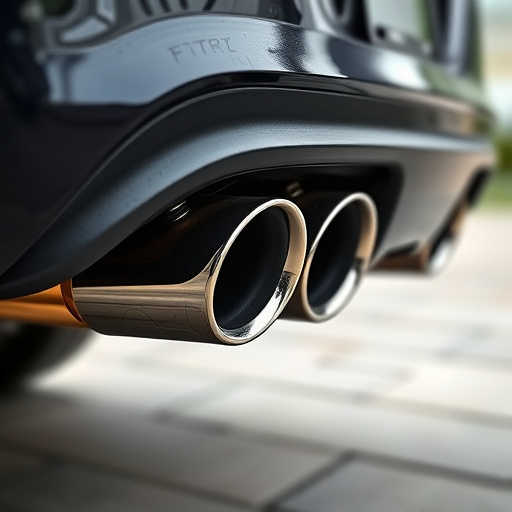
Dyno Tuning plays a pivotal role in enhancing engine performance while prioritizing safety, especially for high-performance vehicles. By utilizing dynamic measurement tools on a dynamometer (dyno), engineers can precisely analyze various aspects of an engine’s operation under controlled conditions. This process allows for fine-tuning of critical parameters such as fuel injection, ignition timing, and air-fuel ratio, ensuring optimal efficiency without compromising safety.
Through dyno tuning, essential components like brake pads and air filter kits can be effectively optimized. Precise adjustments in the engine’s breathing system, facilitated by advanced air filter kits, enhance airflow, boosting power output while maintaining safe operating temperatures. Simultaneously, careful tuning of braking components ensures robust stopping power without excessive wear, contributing to overall vehicle safety during high-performance driving scenarios.
Best Practices in Dyno Tuning for Maximum Efficiency and Reliability
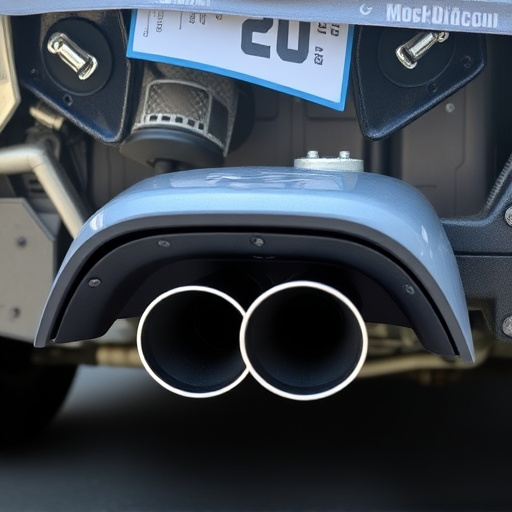
Dyno tuning is an essential practice for maximizing engine performance while ensuring reliability. Best practices involve a systematic approach to fine-tune various components, including fuel injection, ignition timing, and air-fuel mixture ratios. This meticulous process allows for precise adjustments, optimizing power output and torque without compromising safety.
A key aspect of dyno tuning is the integration of high-performance exhaust systems, featuring advanced muffler tips designed to reduce backpressure while enhancing exhaust flow. Additionally, upgrading brake rotors contributes to improved overall control during testing, ensuring safe and controlled engine breakthroughs at higher RPMs. These modifications, when combined with dynamic adjustments, result in a powerful and efficient machine ready to tackle demanding performance scenarios.
Dyno tuning is not just about pushing an engine to its limits; it’s a meticulous process that prioritises safety, performance, and reliability. By understanding the fundamentals and best practices of dyno tuning, car enthusiasts can unlock their engines’ full potential while ensuring they remain robust and secure. This advanced technique, when applied correctly, becomes a game-changer in the pursuit of optimal engine performance.

